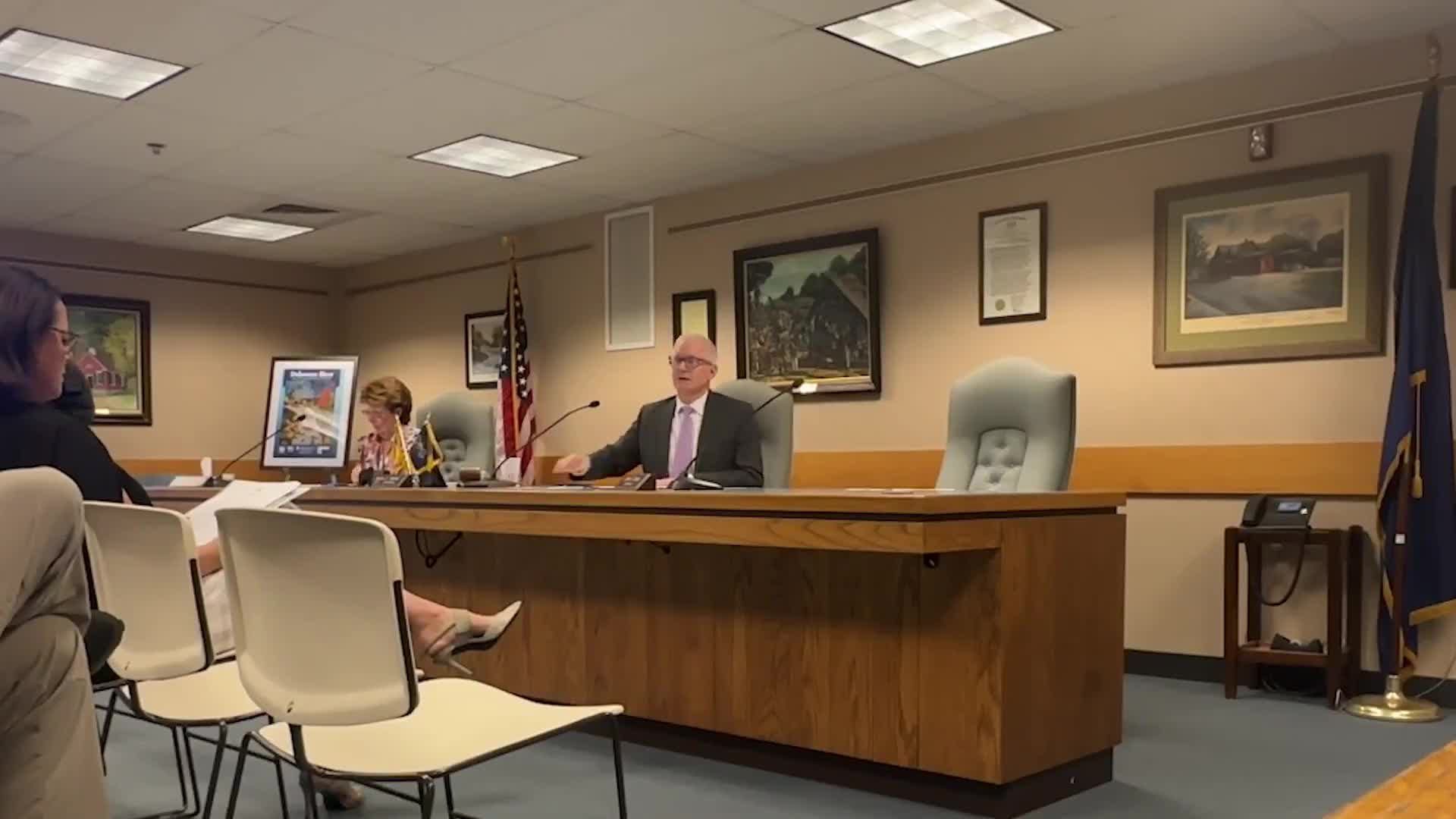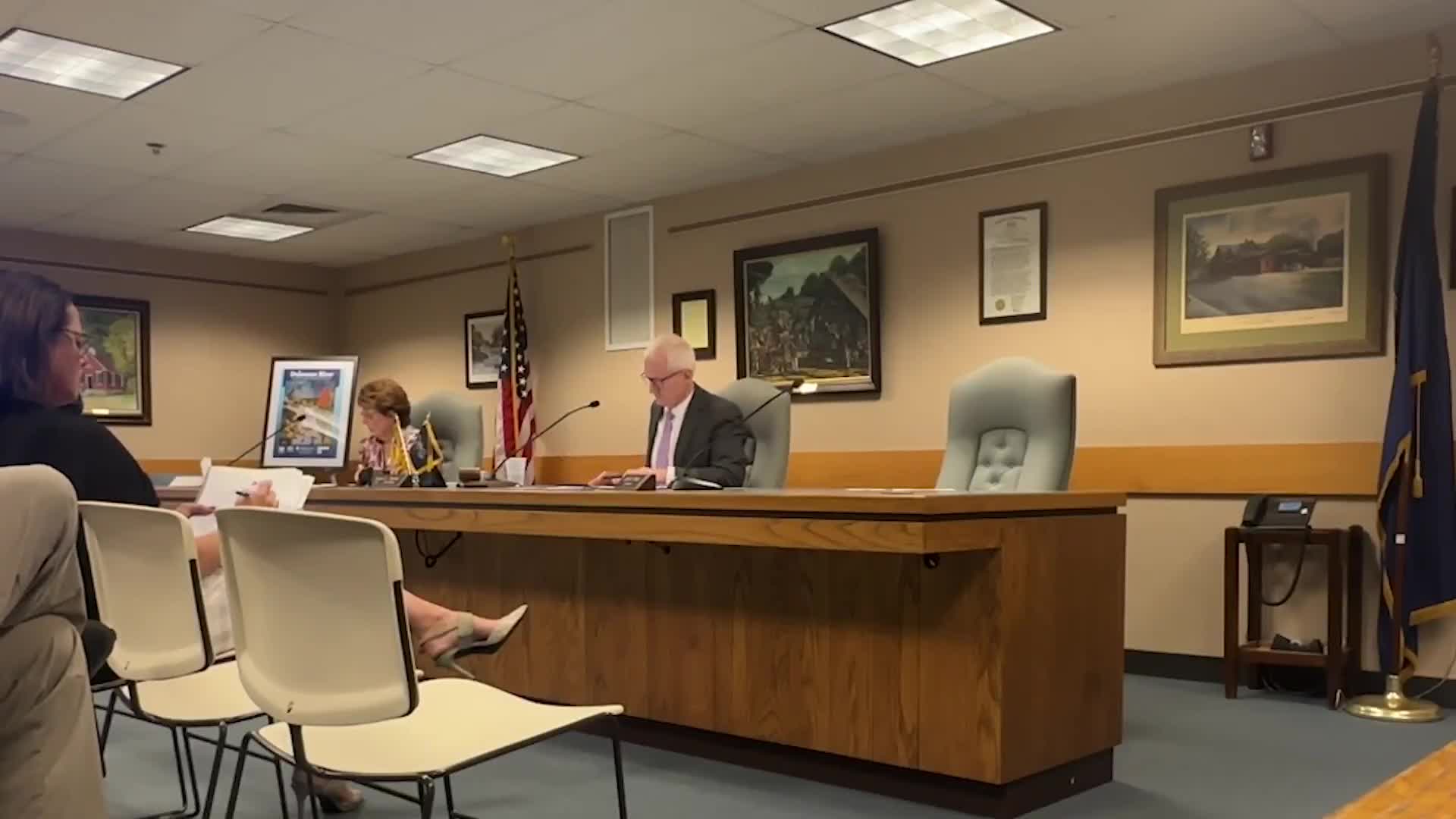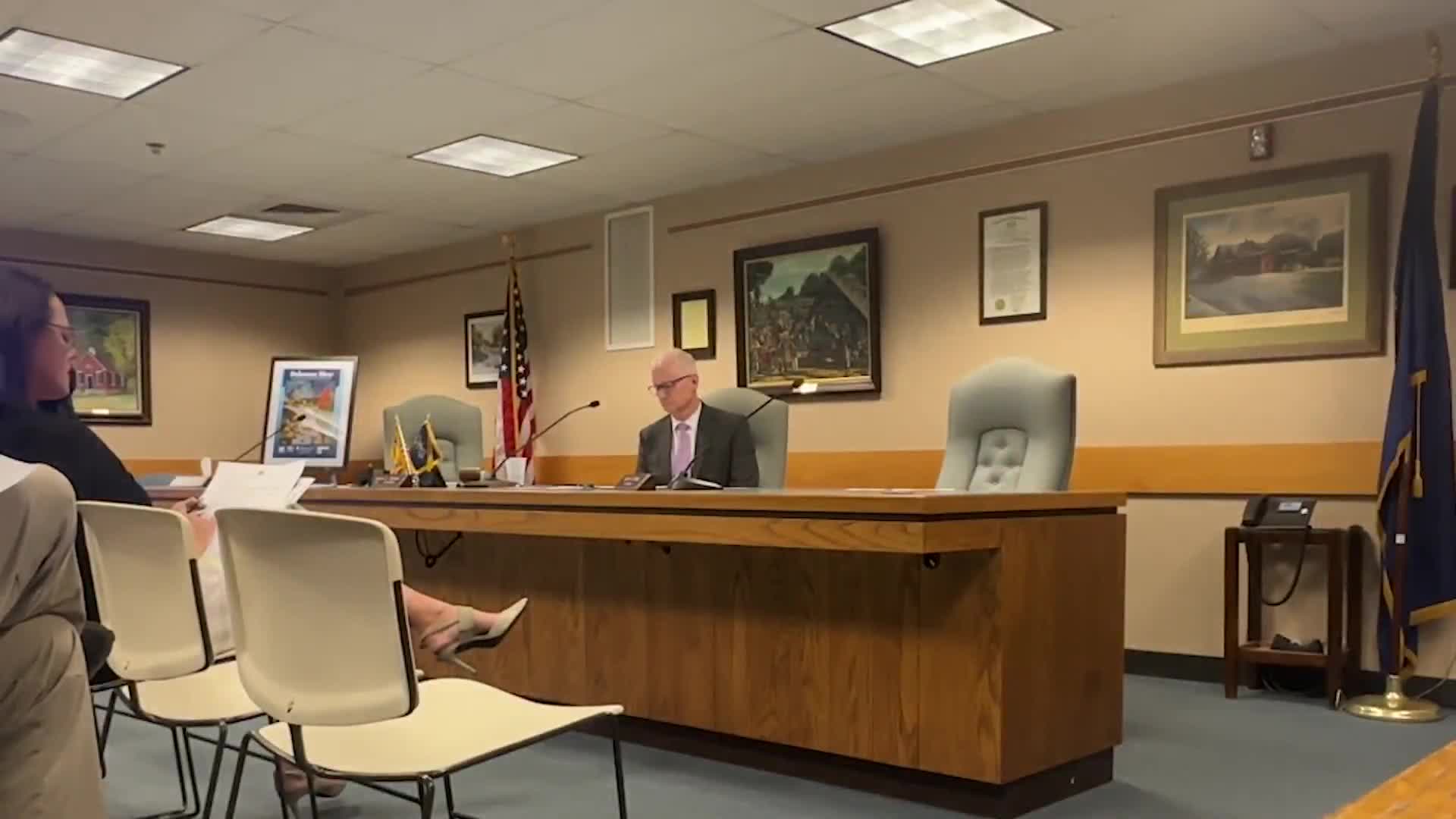Article not found
This article is no longer available. But don't worry—we've gathered other articles that discuss the same topic.

Monroe County holds public hearing on $663,596 CDBG proposal, with $325,061 set for home repairs

Votes at a glance: Monroe County commissioners approve minutes, payroll amendment, appointments and routine items

